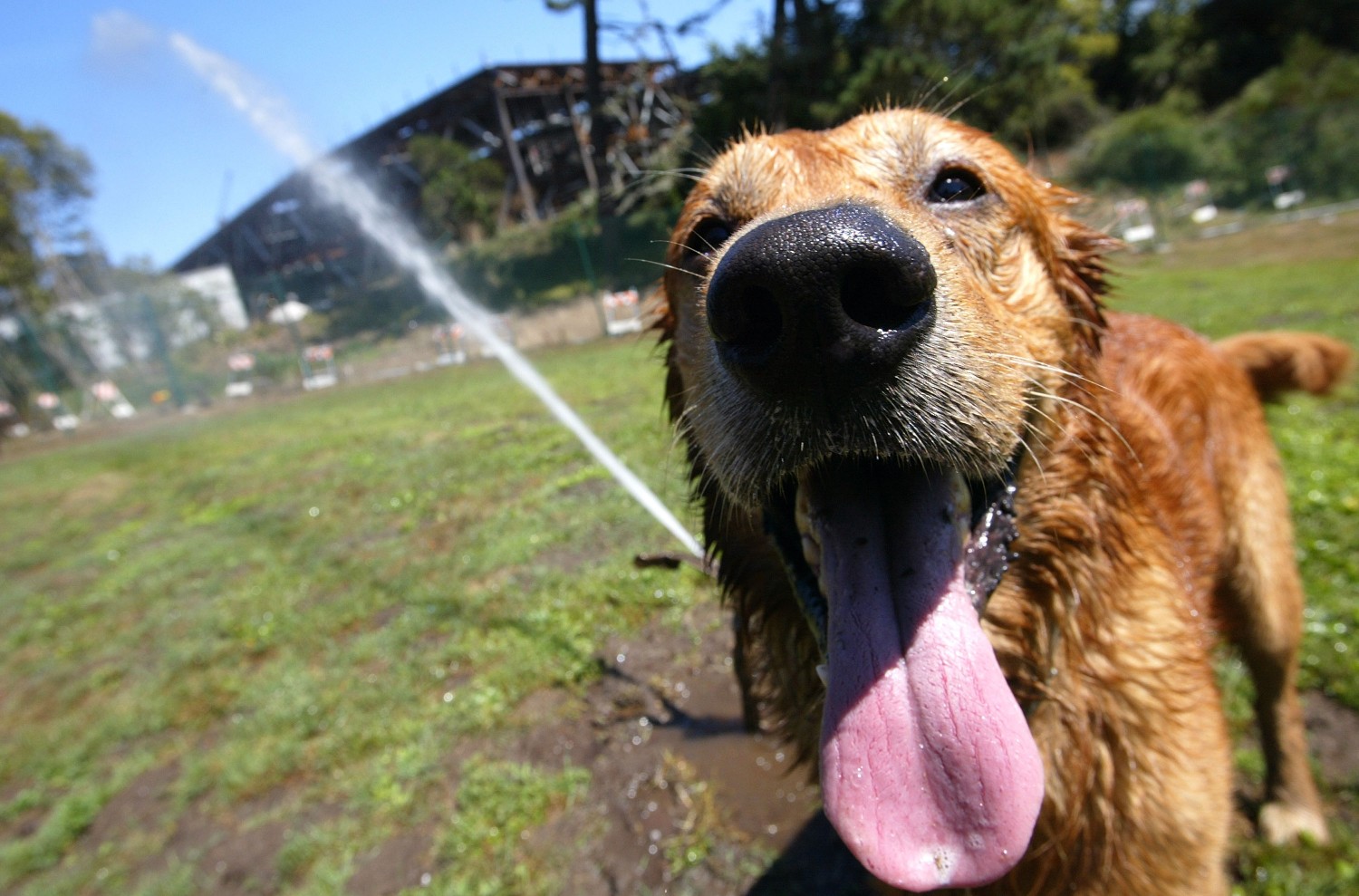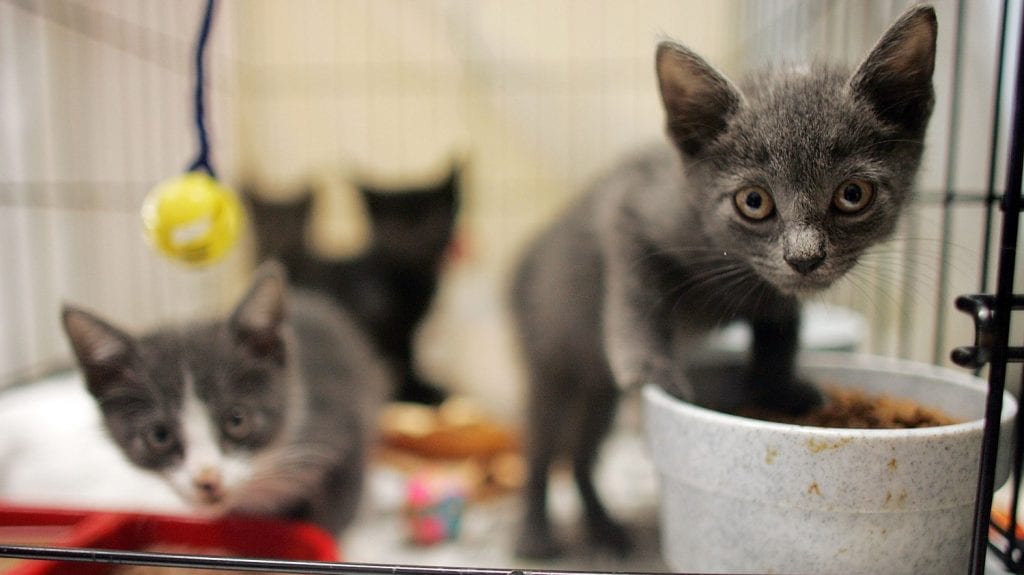When Elizabeth Newsom-Stewart’s cat ate a potentially toxic plant, she rushed the kitty to an animal hospital.
Though the bill for her cat’s medical treatment was $1,783, Newsom-Stewart told Consumer Reports she paid just $456 thanks to a pet insurance policy she’d recently purchased. Her cat made a full recovery.
Of course, Newsom-Stewart’s story is just one example of pet insurance in action, which made us wonder, is it really worth it?
As with human health insurance, the answer depends on whether your pet is super healthy or facing a serious (read: expensive) medical condition.
Consumer Reports sent veterinarian bills to three pet insurance companies to find out what they would cover. Their test subjects were an older dog with skin cancer and a middle-aged cat who was relatively healthy.
For pets with a costly or ongoing illness such as cancer, Consumer Reports found that pet insurance is likely worth it in the long run.
But, of course, you can’t predict whether your pet will be diagnosed with cancer or some other disease when she’s a healthy young puppy or kitten.
And all pet insurance plans are different, with varying levels of coverage, co-pays and deductibles. Some may only cover accidents, while others may cover routine care, such as vaccines and heartworm pills.
“Pet insurance doesn’t always make sense, and the purchase depends on a number of factors,” Madelyn Flannagan, a vice president at the Independent Insurance Agents and Brokers of America, told CNBC. “Pet owners should do their research on the overall costs and coverage provided by pet insurance providers and consider the age and type of pet, the program deductible and the overall premium costs for the estimated life of the pet versus the anticipated veterinary costs.”
Flannagan said pet owners should also consider the worst-case scenario and consider how much they’d be willing to spend in the event of an emergency or a life-threatening illness. If you’re willing to spend up to $10,000 on pet care, but you don’t have that kind of money, pet insurance likely makes sense for you.
Pet insurance may allow you to spend a few more months or years with your older furry friend by paying for treatments you couldn’t otherwise afford.
“If you’ve ever had a pet that was seriously injured or ill, where you spent hundreds to perhaps thousands of dollars for your pet to be treated … in hindsight, you’ve probably thought that pet insurance would have come in handy,” wrote Doug Kenney, a veterinarian and the author of the book “Guide to Understanding Pet Health Insurance,” on the website Preventive Vet.
But it’s not just senior pets that run into health problems. Remember, puppies are inquisitive and will pretty much eat anything they can get their paws on. Plus, younger dogs require lots of first-time vaccines and may need to be spayed or neutered.
Another factor to consider is that the majority of pet insurance plans require you to pay for the treatments out of pocket, then get reimbursed later (though not all plans work this way). So you’ll need to have some cash in the bank or be able to borrow some money, even if you have a policy.
Pet insurance is a fast-growing industry, according to the most recent data available from the North America Pet Health Insurance Association. More than 1.6 million pets were insured in 2015, which represents a 12 percent increase from 2014. The average age of insured pets in North America was 4.57.
The vast majority of policyholders—97 percent—signed up for plans that cover accidents, illness and wellness care. On average, premiums for those plans cost $464 per year in the United States, the association found. Premiums for accident-only plans cost $160 per year.
If you’re weighing whether to adopt a new pet, insurance isn’t the only cost you’ll want to consider. By some estimates, your first year of owning a dog will cost you between $1,400 and $2,000. Beyond that, ongoing annual costs range from $700 to $1,000.
Bottom line: Take a hard look at your finances before you make any decisions about pets.










